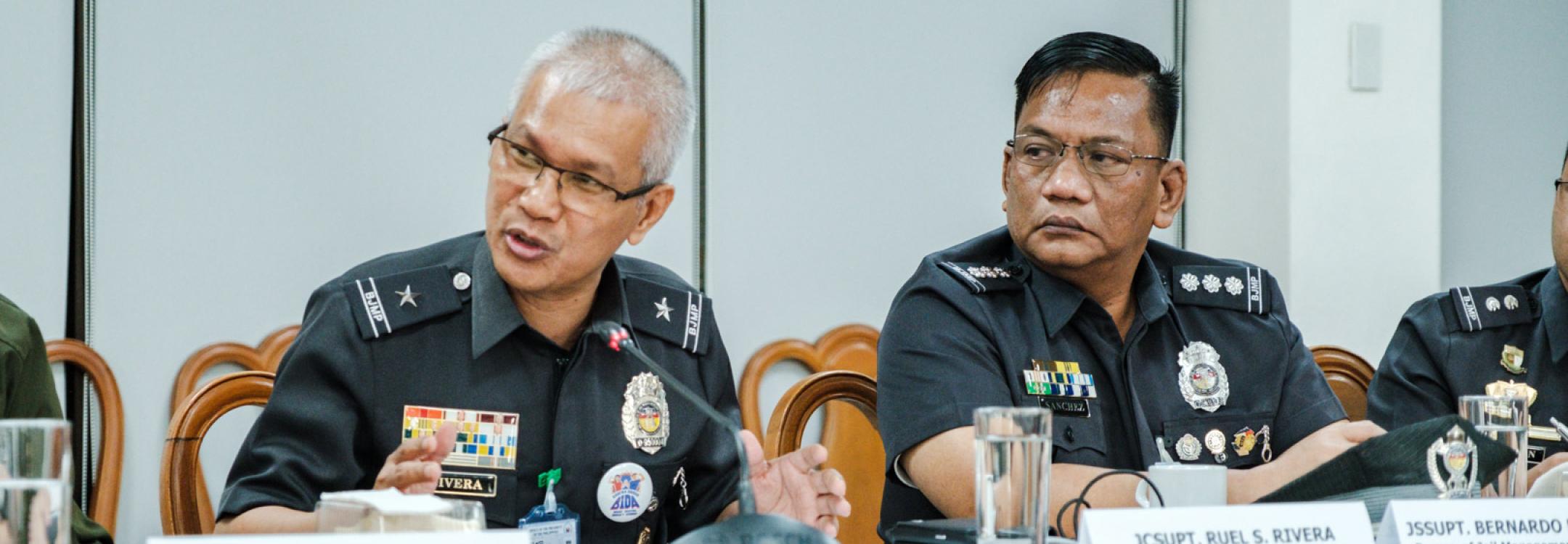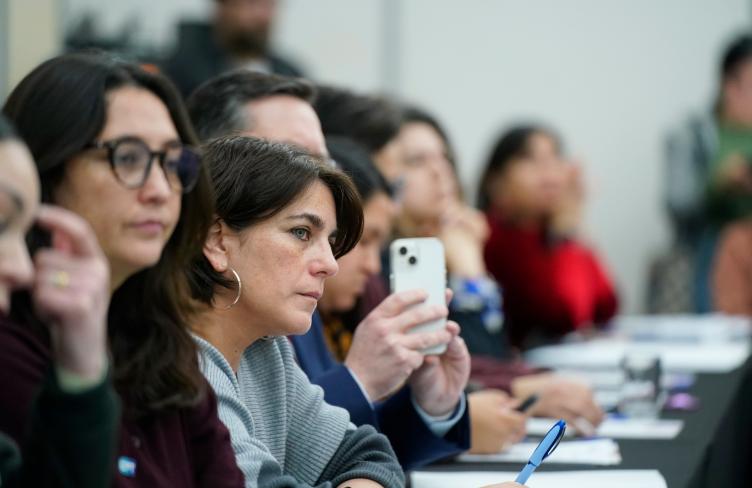
Representatives from the government and civil society have shared their perspectives on the importance of establishing an independent national preventive mechanism (NPM) to monitor all places of detention in the Philippines.
The Philippines ratified the Optional Protocol to the Convention against Torture in 2012. However, no NPM has been formally established. Instead, the Commission on Human Rights of the Philippines (CHRP) has taken on the role of an interim NPM.
The two-day event, convened by the CHRP from 25-26 April 2023, included presentations from the APT on the foundations of effective NPMs around the world and the steps involved in designating and establishing an NPM.
“This allowed for a rich and productive discussion that went beyond the often difficult discussions here on which NPM model is supported by whom. We were able to focus on the essentials and what is needed to get something that works here in the Philippines,” said Ben Buckland, APT Senior Adviser for Oversight.
The second day of the event examined the role and function of the UN Subcommittee for the Prevention of Torture (SPT), including what happens as part of an SPT country visit.
With the SPT scheduled to visit the Philippines in 2023, discussions focused on practical questions for the government on preparing for the visit, what happens afterwards and responding to the SPT’s report of its visit, which is provided to the government on a confidential basis.
The APT has been a valued and trusted partner here for many years and we are happy to continue working together, as we prepare for the upcoming SPT visit.
More than 30 participants from the government attended the dialogue, including representatives from the Presidential Human Rights Committee, the House of Representatives, the Senate, the Philippines National Police, the Bureau of Jail Management and Penology, and the departments of Justice and the Interior.
They were joined on the first day by representatives from civil society organisations, including Task Force Detainees of the Philippines, the APT’s partner for the #SafeInCustody project.
Following the stakeholder dialogue, the APT met with the CHRP’s education division and prevention cluster division to discuss the development of online learning modules to support the work of its detention monitors.
The online learning modules will introduce CHRP staff to the torture prevention mandate of a national human rights institution, as well as explore practical issues related to monitoring police custody. Developed as part of the #SafeInCustody project, the online learning modules are expected to be finalised by December 2023.
The APT was represented by Ben Buckland and Regional Project Officer Manachaya Yankittikul.
The #SafeInCustody project is funded by the European Union. This content is the sole responsibility of the APT and does not necessarily reflect the views of the European Union.


